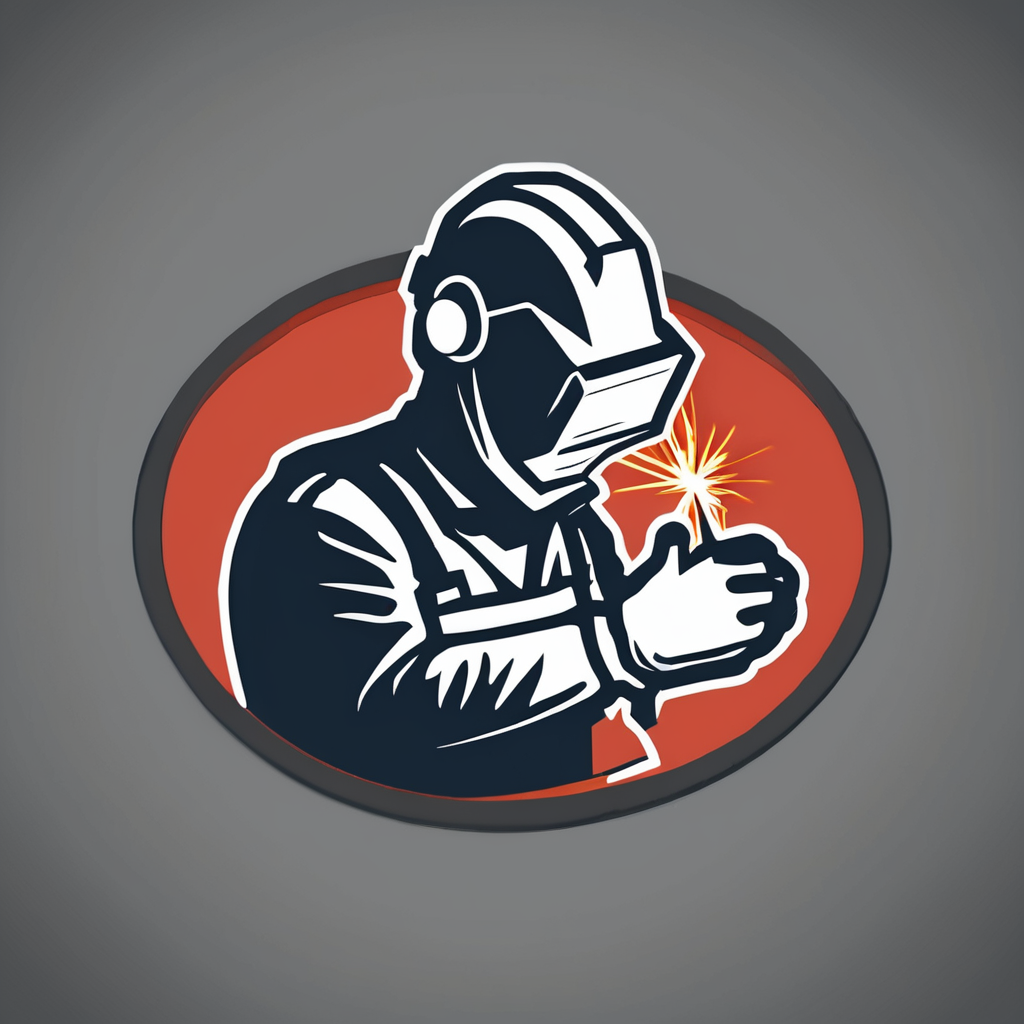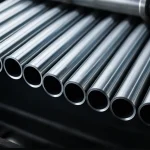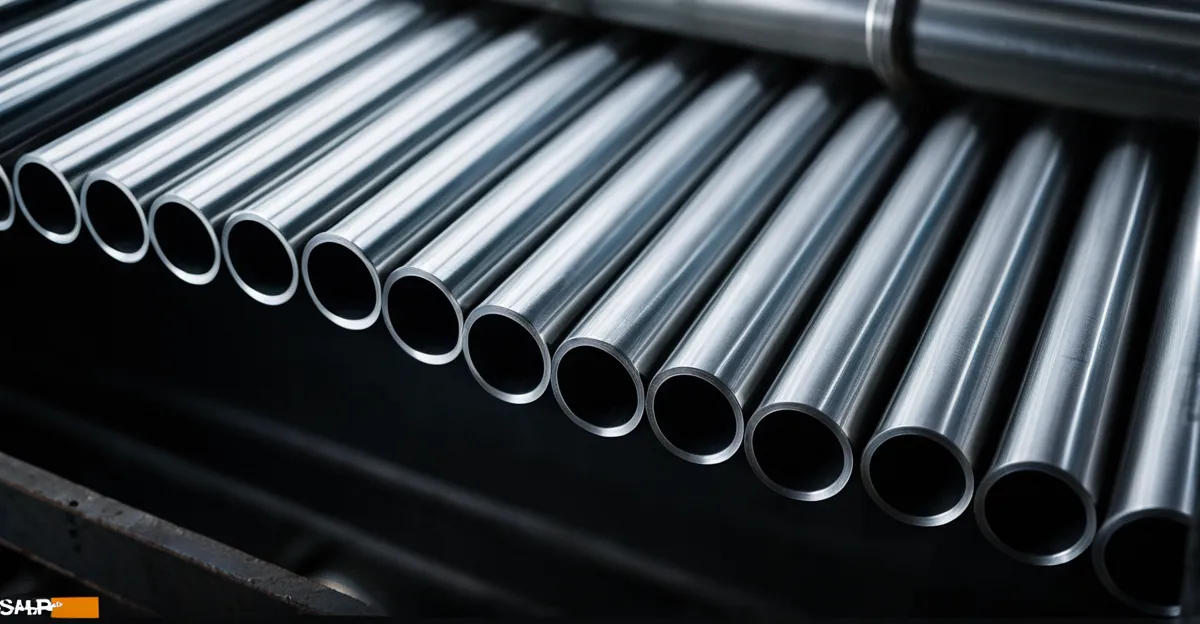Industrial tubes serve as foundational elements across industries, adapting to demands from construction to bespoke manufacturing. Their diverse materials and specifications address specific challenges like corrosion, strength, and temperature resistance. Understanding these aspects unlocks practical solutions tailored to varied applications, ensuring efficiency and durability in production and design.
Industrial tube types and their core applications for business and manufacturing
Steel tubes, stainless steel pipes, and alloy tubes form the backbone of industrial tubing applications. These materials are selected for their resilience and adaptability in sectors like manufacturing, construction, and energy. Mild steel tubes offer robustness and versatility, ideal for structural frameworks, transportation chassis, and general engineering needs. Their strength-to-weight ratio enables them to handle heavy loads and maintain stability across diverse industrial environments.
Also read : Navigating Market Shifts in the UK: What Are the Latest Trends to Watch?
Plastic piping systems provide solutions for chemical processing, water management, and HVAC due to their corrosion resistance and ease of installation. Flexible industrial hoses meet the demands of machinery that require frequent movement or vibration absorption—indispensable for pneumatic systems and fluid transfer lines.
In modern plants, tubes not only facilitate safe fluid and gas transport, but also support machinery, frameworks, and platforms. Stainless steel pipes, prized for their hygiene and durability, are widely used in food, pharmaceutical, and high-pressure applications. Industrial tubes empower sectors to achieve efficient, reliable processes, whether moving water, chemicals, or supporting heavy structures. You can view more details on this page: https://www.vallourec.com/our-solutions/industry/.
Also read : How Can Emerging UK Businesses Thrive in a Shifting Economic Landscape?
Key specifications, standards, and industry requirements for industrial tubes
Material characteristics: high-pressure, corrosion-resistant, and temperature-resistant options
Industrial tube durability depends greatly on the careful use of a tubing material selection guide. For demanding industrial tubing applications, seamless metal tubing and welded pipe solutions are routinely specified. Engineers select tubing for its resistance to high pressure, severe temperature swings, and exposure to corrosive substances. Stainless steel pipes and heavy-duty pipe materials remain popular for chemical resistant tubing and thermal insulation tubes in process environments. Proper material choice, guided by insight into tubing pressure ratings, helps prevent failure and extends the lifespan of metal pipes for industry.
Common standards and technical specifications (ASTM, DIN, API, EN)
Adherence to industrial tubing standards and regulations is the bedrock for safe operation and system compatibility. Tubing dimension standards such as ASTM, DIN, API, and EN define wall thickness, tube diameter, and permissible tolerances for seamless metal tubing and welded pipe solutions. Pressure ratings and manufacture testing ensure performance meets the demands of high-pressure tubes. Regulatory compliance, combined with rigorous testing and quality control, guarantee that industrial tube durability aligns with expectations across industry-specific tubing applications.
Sizing, wall thickness, and pressure ratings critical to application suitability
Correct dimensioning using a tubing material selection guide ensures custom tubing solutions meet every challenge. Tubing pressure ratings and tubing dimension standards are critical for selecting the proper industrial tubing suppliers and custom fabrication of tubes. By specifying the right combination of wall thickness, diameter, and material, manufacturers support safe, efficient, and durable operation across a wide variety of industrial fluid transport solutions.
Leading suppliers, customization, and sourcing strategies for industrial tubes
Profiles of top industrial tube suppliers and manufacturers
Industrial tubing suppliers like Vallourec and others forge a path in reliability, offering seamless steel tubes, round steel tube, and thick wall variants designed for the toughest conditions. These industrial tube manufacturing companies ensure each steel tube meets rigorous standards for automotive, mechanical engineering, and construction industries. The catalog often covers mild steel, stainless steel, galvanised, and specialty metals, addressing a variety of industrial tubes sizes and industry-specific tubing applications.
Custom fabrication and cutting services to meet project requirements
Custom fabrication of tubes is integral when standard tube models do not fit unique project demands. Leading suppliers provide custom tubing solutions—from precision cutting of galvanised round steel tube to creating complex bends and joins in thick wall tubing. Industrial tubing suppliers support options such as corrosion-resistant coatings, different wall thicknesses, and compliance with industrial tubing standards and regulations, ensuring every round steel tube or thick wall tube precisely meets application requirements.
Supply chain considerations: stock availability, certifications, and global sourcing trends
Success in industrial tube sourcing now hinges on responsive tubing supply chain logistics. Suppliers prioritize stock availability—ready-to-ship industrial tubes for sale are matched with global supply chain trends, focusing on fast delivery. Certifications, such as BS EN ISO 9001:2015, reinforce product traceability and compliance, vital for high-pressure or heavy-duty tube installations.
Sector-specific innovations, compliance, and maintenance for industrial tubing
Application highlights in oil & gas, construction, power generation, and food production
Industry-specific tubing applications are designed to meet the unique stress, pressure, and material demands in each sector. Tubing for oil and gas applications must excel in high-pressure and corrosive environments, making corrosion-resistant tubing or seamless metal tubing indispensable. In the food and beverage industry, tubing must comply with stringent hygiene regulations. Stainless steel pipes and plastic piping systems are preferred for their easy cleaning and chemical resistance. Boiler tubes for power plants require outstanding performance at elevated temperatures and pressures; thick-wall, high-strength tubing alloys and welded pipe solutions ensure sustained operation and energy efficiency across plants.
Innovations and advancements: coatings, composite materials, and joining techniques
Recent innovations in industrial tube durability and reliability include advanced industrial tubing coatings for chemical resistance, fiber-reinforced composite tubes for lightweight applications, and improved welding techniques for seamless connections. Coated tubes extend tubing lifecycle management while custom fabrication of tubes and joining methods are tailored based on industry-specific tubing applications—crucial for minimizing downtime in industrial pipeline maintenance projects.
Maintenance, durability, and compliance practices for safe and sustainable operations
Routine industrial pipeline maintenance, combined with adherence to industrial tubing standards and regulations, underpins operational safety. Inspection protocols, robust tubing installation best practices, and timely replacement using certified high-strength tubing alloys extend system life and ensure compliance. Regular evaluation of tubing for oil and gas applications and food and beverage lines helps prevent costly failures and supports sustainable, reliable production.





